WordPress management and support ensures security, performance, and a professional image for your website.
In today's digital world, your business's online presence is just as important as your physical one – often even more critical. website is the official “showcase” of the business, accessible everywhere via InternetIf you selected the WordPress as a content management system, whether through research or because you inherited it, you belong to a very large group.
Large companies such as TechCrunch, The New Yorker, Bloomberg, BBC America, Variety, The Walt Disney Company, Time Inc. and The New York Times trust WordPress. According to a survey by W3Techs, above the40% of all websites worldwide are based on WordPress, while the percentage rises to60% for those using a well-known CMS.
As Mashable famously put it: “America runs on Dunkin’, but the Internet runs on WordPress.” However, setting up a WordPress site is not a “set it and forget it” process. It is absolutely essential to have an organized WordPress maintenance plan in place to properly support it. Otherwise, you risk learning this lesson the hard way.
Why choose WordPress?
The WordPress is distinguished by its ease of setup and wide range of customizations, plugins and themes. It has over50,000 plugins and thousands of topics, covering the needs of small businesses to large corporations and non-profit organizations. Using it as a publishing platform is simple, ideal for owners and marketing professionals who want to manage content without technical knowledge.
Additionally, it offers easy user management with different access rights and content version history. This makes it easy to control functionality and revert changes when needed. WordPress’s widespread adoption also means compatibility with a wide range of third-party tools and easy access to professional support – unlike other platforms that have limited options or more expensive services.
It’s no surprise that WordPress has become the most popular CMS platform. However, this popularity requires increased vigilance in maintenance to keep it running smoothly.
The need for a WordPress maintenance plan
Despite its simplicity in use, the WordPress is an advanced database-driven system with rich code. It requires regular maintenance for stability, security, and reliability – like any software.
The widespread use of WordPress (like Windows on computers) makes it a prime target for hackers, viruses, and bots. According to security experts at Sucuri, the majority of website threats concern WordPress sites. The potential for malware to appear, content to disappear or worse, customer data to be compromised or your brand to be tarnished is real.
Fortunately, most problems are prevented simply by keeping your website up to date.
Regular update: The first line of defense
The WordPress It constantly receives new updates – often multiple each month – that enhance security and performance. Maintenance must cover both the core and all plugins used. As a ZDNet report noted, most breaches are related to vulnerabilities in plugins/themes or poor maintenance by administrators.
Regularly updating your site and plugins ensures the latest security fixes and significantly reduces the risk of attacks. Negligence in updates can lead to serious problems.
Good maintenance = Better user experience
Beyond security, most sites rely on third-party plugins. Incompatibility after updates requires double-checking: both in WordPress core and in plugins, along with quality testing after each change.
A well-maintained website offers a positive experience to its visitors. On the contrary, problems such as errors, slow loading or broken links discourage customers and damage the credibility of the business. A maintenance plan is the key way to ensure a positive image for your visitors.
Defining roles between WordPress hosting & maintenance
Every site needs hosting – whether it’s affordable shared hosting, VPS/cloud, or dedicated server. Hosting providers provide some form of technical support (server or firewall updates), but this doesn’t include maintaining the WordPress site itself.
WP core updates, plugins/themes, customizations, bug fixes, or quality testing are separate tasks that need to be done systematically in addition to hosting. There are specialized hosting packages that also include maintenance services (like those of HSS), but they are an exception.
It is critical to have a plan for both server management and maintenance of your WordPress site.
External factors & technology compatibility
It is important to remember that the technologies on which the WordPress, such as PHP or MySQL, are constantly evolving. If your server is running old versions without security updates, compatibility issues or security vulnerabilities may arise that you may not immediately notice.
Even if the website appears to be functioning normally, it may be exposed to serious risks if it does not receive the necessary upgrades at both the platform and server levels.
Personalization & need for specialized support
Every professional WordPress website, beyond the basic themes/plugins, features unique customizations to meet the specific needs of the organization. While simple content changes are easily made by users, complex interventions (such as changes to contact forms or templates) require technical programming knowledge.
This means you need to have a reliable partner for these types of tasks – something that a comprehensive WordPress maintenance plan offers.
Don't wait for the moment of crisis!
Prevent unpleasant surprises by implementing preventive maintenance on your website. Despite best practices, bugs or failures can occur – then you need immediate help from a specialized partner who knows the structure of your site to quickly restore its functionality.
Don't let luck (or the pressure of finding a new partner) determine your business's image to visitors! Proactive support is the only responsible choice for those who want to reliably protect their brand.
What should a WordPress maintenance plan include?
A comprehensive support & maintenance plan must at a minimum cover:
- Regular WordPress core & plugin/theme updates with quality testing after each update.
- Dealing with conflicts/errors when they occur (especially between third-party tools).
- Implementation of best security practices: continuous monitoring for spam/malware/illegal logins & proper implementation of SSL certificate.
- Automatic backups – ideally daily/weekly/monthly – stored both locally and in the cloud so that there is always a data recovery copy available.
- Updated & secure hosting environment (Apache/PHP/MySQL), properly configured SSL certificates & firewall according to best server maintenance practices.
- Performance optimization through caching & image compression so that the website loads quickly (something important for both users and search engine rankings).
- Permanent manager who knows the site & has access to the necessary information/rights for immediate intervention when needed but also for daily preventive care.
- Finally, the plan must be proactive & strategic to provide ongoing guidance to protect your business in the long term.
Whether you take care of the website yourself or employ an in-house administrator or an external partner, having an organized maintenance plan is always important.
This is the basis of a professional & sustainable Internet presence – and the confidence it offers is unmatched.
You've already invested time & money in creating your site; make sure it's worth the investment!
If you need further guidance or support on the topic of WordPress maintenance, you can contact us for a free evaluation or information about our packages.
Read the original article here.




 +30 6943 755057
+30 6943 755057 Ilioupoli, Athens
Ilioupoli, Athens